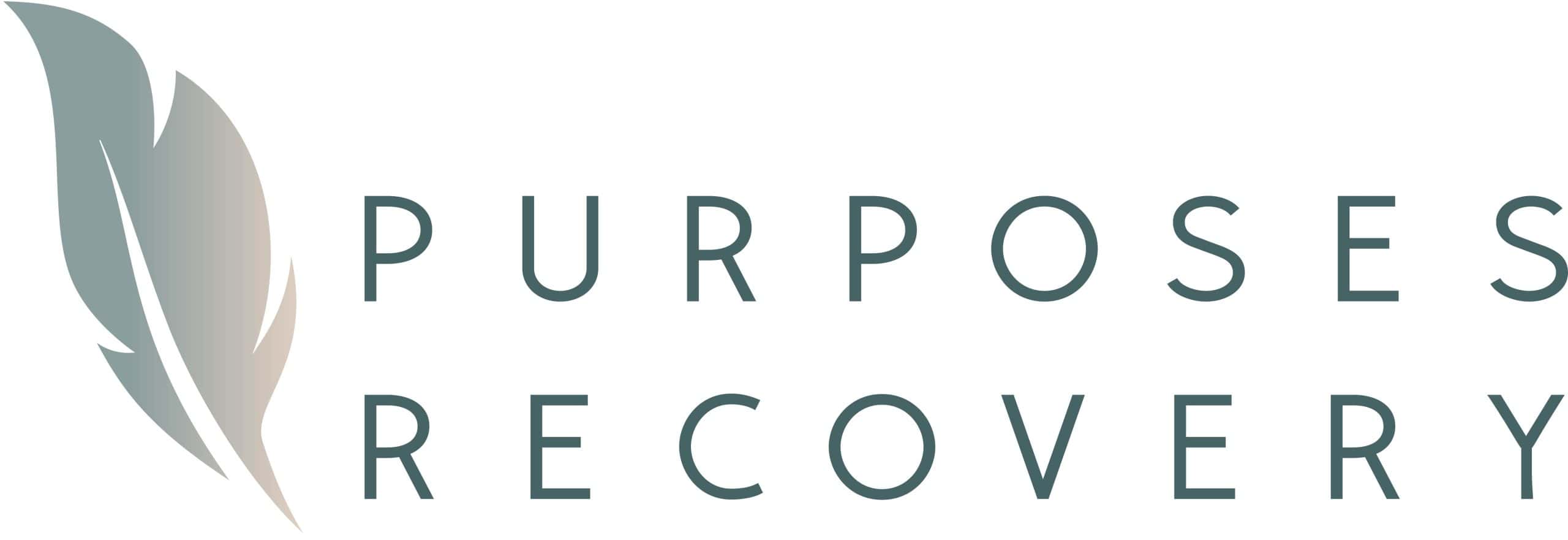When you were in college – or perhaps you’re in college or preparing to go to college currently – you may recall that when you were having trouble finding the energy to power through a late-night study sesh. But instead of cracking the top on a RedBull or brewing a fresh pot of coffee, these days it’s increasingly likely that college students will turn to study drugs.
For the average college student, drugs for “enhancing concentration” are often fairly easy to reach. With so many people receiving legitimate prescriptions for these medications, they’re clearly safe to use, right? Well, unfortunately, we’re seeing study drugs becoming a bigger problem on campus.
Obviously, these drugs can be dangerous when misused. But what are study drugs, exactly? And why aren’t college students realizing the risk they’re putting themselves in?
What are Study Drugs?
Study drugs are prescription stimulants that have been repurposed for non-medical and illegal use. Also referred to as “cramming drugs” and “kiddy coke,” these drugs were designed to treat conditions like Attention-Deficit Disorder (ADHD). For those who suffer from ADHD and the like, these stimulant drugs actually calm them down and allow them to focus. But for anyone who doesn’t legitimately need these medications, the stimulating effects are far more pronounced, creating a burst of energy with which to be productive.
Any prescription stimulant can be misused as a study drug. One of the most popular examples is better known by the brand name Ritalin, or methylphenidate. This is one of the most commonly abused study drugs as it increases alertness and maintains high levels of concentration. It can be swallowed whole, or crushed and snorted. Another popular study drug is Adderall, which in 2012 was the most frequently misused prescription drug of any type among college students.
But why are students misusing these prescriptions? Study drugs are often abused due to a perception that these drugs can assist in academic success by increasing alertness, concentration, memory, and cognition. For those less interested in academia, they’re also used in partying and as an enhancer to mix with other substances.
Some students even think that these drugs are safer to use, but this couldn’t be further from the truth.
However, another issue is that since these medications are available legally, there’s a perception that they’re safe when this couldn’t be further from the truth.
Misusing any drug outside of its intended purpose can make it dangerous. Since Ritalin and Adderall have been designed to work on brains with ADHD, misusing them can also have lasting consequences. Just because study drugs have legitimate uses doesn’t mean they can’t be addictive or cause overdoses.
What are the Side Effects of Study Drugs?
There are actually quite a few side effects from study drugs, many of which are outright dangerous. Ritalin abuse, for example, had many side effects These can include:
- Nervousness and insomnia
- Serious loss of appetite, leading to malnutrition
- Nausea and vomiting
- Dizziness and headaches
- Changes in heart rate and blood pressure
- Skin rashes and itching
- Abdominal pain, weight loss, and digestive problems
- Toxic psychosis and psychotic episodes
- Chronic dependence
- Severe depression upon withdrawal
High doses can also cause severe and life-threatening side effects, such as tremors, fevers, convulsions, headaches, irregular heartbeats, paranoia, hallucinations, and a sensation like bugs crawling under the skin. And in rare cases, even death.
There’s also the worry of counterfeit stimulants that have been laced with dangerous substances like fentanyl and methamphetamine. When people get these study drugs without prescriptions, they have no real way of knowing what the contents are. Thus, they expose themselves to terrible risks.
And these risks do have consequences: Between 2005 and 2010, the number of ER visits involving ADHD stimulant medications increased from 2,131 to 8,148. As the misuse of study drugs has increased, so too have the consequences.
Who is using them?
One study of a northeastern university in the United States found that sixteen percent of their 1,025 respondents reported abusing or misusing stimulant medication. Of this sample, 96 percent abused the drug Ritalin in hope of either improving attention, partying, reducing hyperactivity, improving grades, or some combination of the above.
On average, between four and five percent of students at colleges admit to abusing study drugs, but this number fluctuates according to race, gender, socio-economic status, and mental health. The greatest risk factors for usage of study drugs include a low perception of ability, enjoyment, poor accommodation of special needs, reliance on external validation, a low GPA, and experiencing a mental health issue.
Study drugs are most often abused on college campuses.
Another survey found that non-medical use of study drugs was higher among college students who were male, white, members of fraternities and sororities, and earned lower grade-point averages. Furthermore, rates of use varied between colleges, with some reporting numbers as high as twenty-five percent of students surveyed.
Study drugs are popular, and they aren’t going away. From 1990 to 2000, methylphenidate use increased five-fold in the United States, accounting for approximately ninety percent of all methylphenidate.
How to Stop the Abuse of Study Drugs
The truth of the matter is that these so-called study drugs do not actually improve GPA and learning, and we need more college students to realize this. If you don’t have ADHD or a similar condition, there is no solid reason to take study drugs. While they may offer some temporary memory increase, they also bring far worse health effects with them.
There are plenty of ways to decrease reliance on study drugs. For example, social support, empowerment, and a lack of knowledge have been shown to reduce study drug use. Education on their issues also helps, alongside social support for mental health and substance abuse disorder.
Finally, sometimes, students with legitimate prescriptions will share drugs, either giving them away or selling them. Educating these students that sharing or selling them is illegal and dangerous could also help to mitigate the risk.
Stay Focused on Sobriety with Purposes Recovery
Nobody should have to be reliant on drug abuse in order to succeed in school. While study drugs might seem great, in reality, they’ll do nothing but damage anyone who misuses them. That’s why it’s so important to understand them and educate people on the harm they can cause.
It’s also important to know that there isn’t any shame in struggling with addiction. If you or a loved one is in need of help, Purposes Recovery offers resources like an LA medical detox program that can get you back on track. Join our mailing list to learn about our luxury medical detox and find out what other programs we have that could be right for you.



